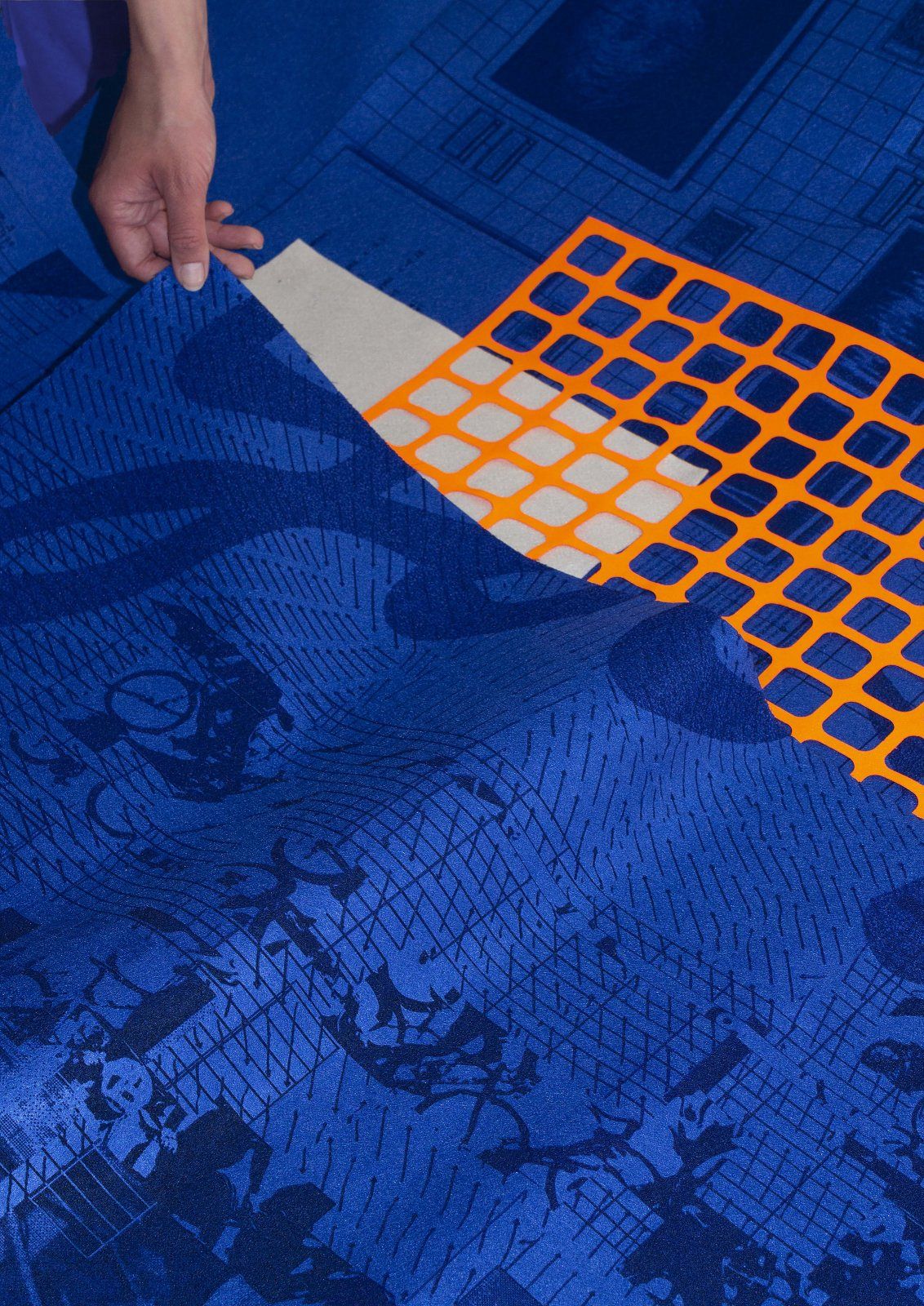
At this moment in time, as I write, I’m graduating as a design student in the Royal Academy of Art with hopes of a noteworthy professional future, this is what I assume my education will build up to. Over the past year, it became apparent that the idea of work changes over time, that my father has a different vision on work than I and so will the next generation. Today, work seems to differ from the traditional linear career, it's rather a mix and match of multi-careers of working individuals. During my studies I experienced that the quality of my work suffers under isolation. I am an amateur in many things, following my intuition and often I am not able to distinguish a rubbish idea from a potentially good one. The identity of my work becomes sharper and professional when my thoughts are picked up in the thoughts and abilities of others and this is how I want my future work surrounding to be. This wish seems to collide with the reality of the creative market that prioritizes 'autonomous practitioners'. Yet those are going through the same issues of work which mostly and paradoxically are solved in non-individualized ways.
“Collective work is continuously being devalued and is not taken as seriously as an ‘autonomous practice’. As if any practice can be ‘autonomous”
In my perspective, we are a body of work, a workforce that is not labelled (and mostly seen) as such. In my (current and future) work I want to put emphasis on the values of unification and the sharing and distribution of experiences that shapes our body of and identity in work.
BODY OF WORK
Graduation Project
How does work look like after graduating in the cultural sector, and more specifically, who are the workers?
The idea of work is changing comprehensively, with the labour market having become liberal and flexible, bringing new opportunities and with them also risks. These conditions shape our contemporary relation to work and with the ones working next to us. After graduation, students separate from each other trying to find their own position in the ‘creative industry’, they encounter the same challenges and troubles yet not knowing of each other’s company along the way. In my research, I followed the question; how can we work against this fragmentation of workers?
Fascinated by the way a tailor relates to a person by creating a professional suit, I engaged with recent graduates going through the stages of dressmaking as a method to gather information about working conditions. This collection of information is materialised into a collection of work-clothing, a uniform yet highly individualised design of a garment. The uniform allowed me to see my collected stories of isolated work assembled in as a collection of information and to make separated workers of the same career-path recognizable for each other.
BODY OF WORK
Thesis
What does it mean for the Millennial worker generation that I study for years but can't (or won't) name my vocation? What does it mean that I want to love and define my work before I have one for which I most likely have to accept less securities like salary, insurance and pension? Individual, risky and vague may once have been the words to describe creative occupations, but now they are the cross-industry conditions spreading through our professional world and changing the image of work and the worker. Perhaps we are both closer to each other than we realise, experiencing the same discrepancy between the new opportunities and their unfair conditions. Could a visibility of commonality help us to change the working conditions for our benefit? This is the subject of my research. It explores whether a work aesthetic for the design profession can be definable and representable for the value of the single worker as well as the workforce within the creative industry.